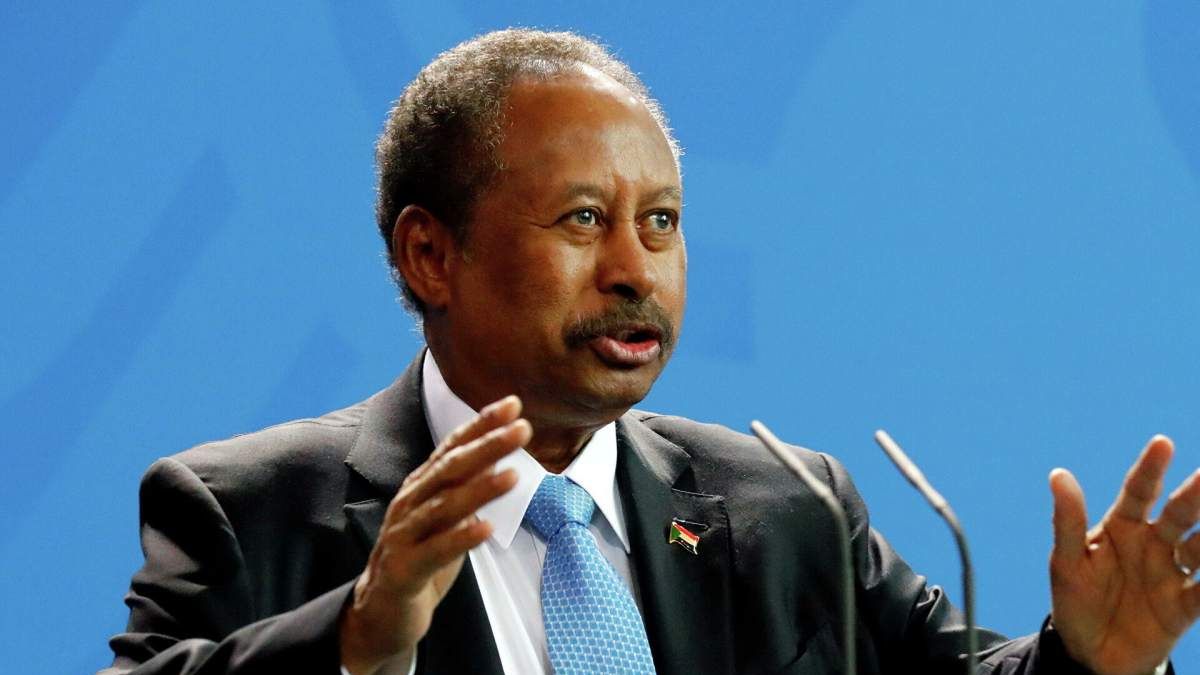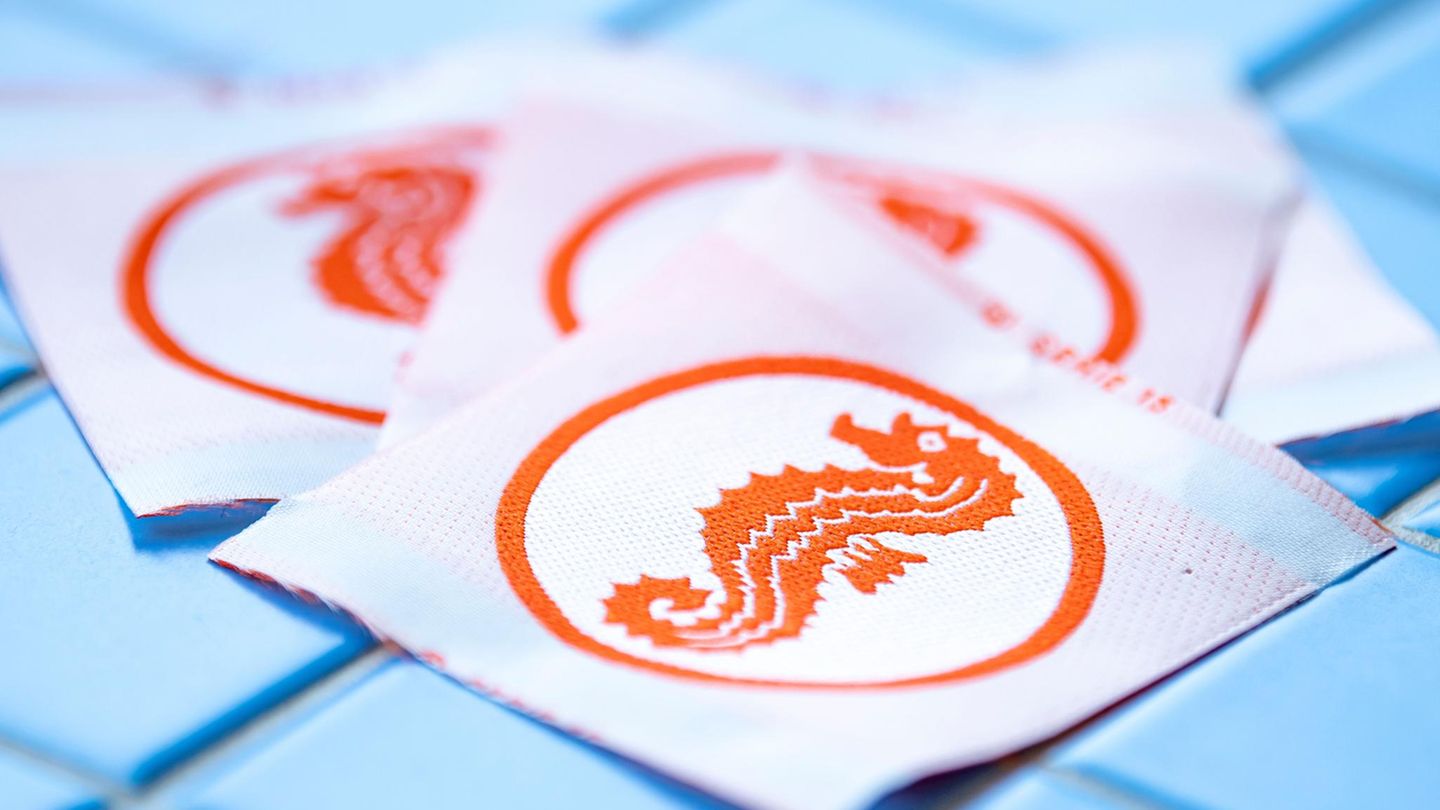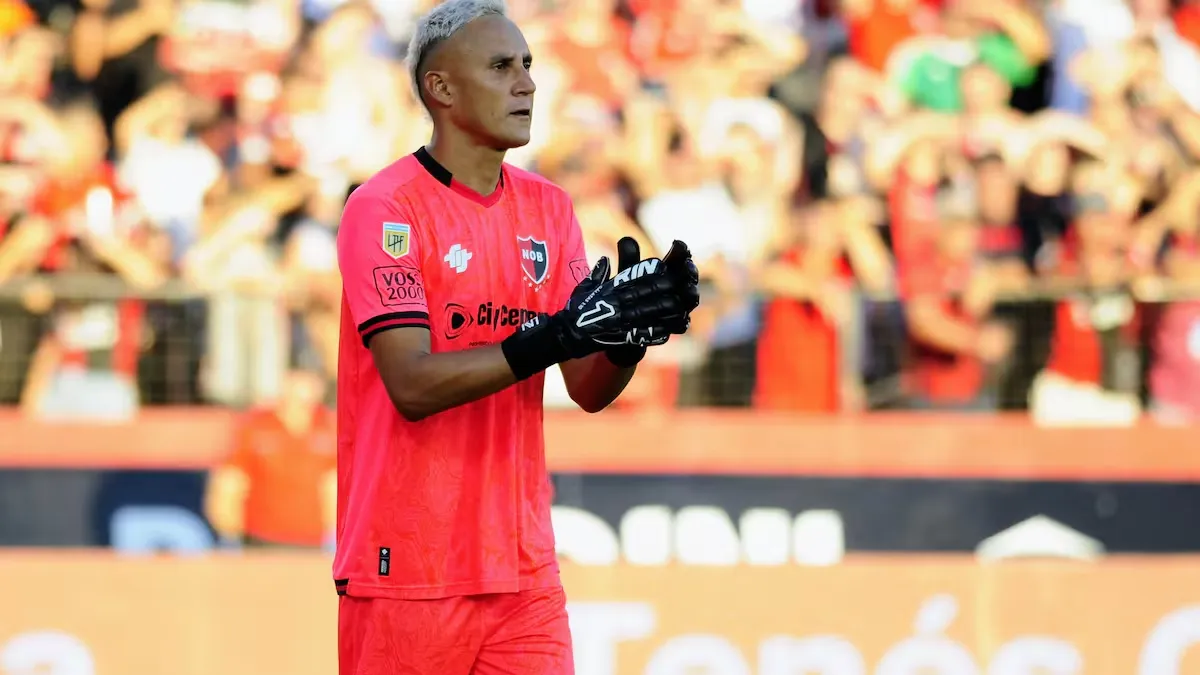His resignation came after two protesters were killed in Omdourman, outside the capital Khartoum. According to a pro-democracy doctors union, one of the victims received a bullet in the chest and the other suffered “a violent blow to the head that split his skull.”
The security forces blocked the bridges that link the capital of Sudan with its suburbs as well as the main arteries of Khartoum since early Sunday morning, as they do every time demonstrations are called against the October 25 coup d’état of the general Abdel Fattah al-Burhan.
In addition, the authorities they once again cut off access to mobile internet as well as the operation of mobile phones. And members of the security forces watch passers-by from armored vehicles armed with heavy machine guns.
Despite this deployment, thousands of protesters attended the call “in memory of the martyrs” of the bloody repression on Sunday.
On Thursday there was a new spike in violence in Sudan, with the death of six protesters, according to a pro-democracy doctors union. The security forces also beat and detained two journalists from a Saudi television channel, who were released after several hours.
Since General Al-Burhan’s coup, 54 people have been killed and hundreds injured, according to the same doctors’ union.
This Sunday, the protesters called again in the streets for the return of the military to the barracks and shouting phrases such as “power to the people”.
Sudan protests
Photo: AFP
Young people on motorcycles crossed the crowd, ready to help the wounded, since in each mobilization the ambulances are blocked by the security forces.
The protesters are being dispersed by police charges as they advance to the surroundings of the presidential palace, headquarters of the transition authorities, according to an AFP journalist at the scene.
The protesters want 2022 to be “the year the resistance continues” and demand justice not only for the civilians killed since the coup, but also for the more than 250 people killed during the popular “revolution” of 2019, which forced the army. to kick out the military-Islamist dictator Omar al-Bashir, after 30 years in power.
Sudan’s strongman, General Al-Burhan, has extended his mandate by two years thanks to the coup, which he describes as “a correction of the course of the revolution.”
But the general has not yet implemented in this country of 45 million inhabitants the civil government that he promised when he reinstated the civil prime minister. Abdallah Hamdok on November 21, who had spent a month under house arrest.
For a few days, Hamdok has not appeared in public again.
In addition to the deaths and the telephone and internet cuts, The UN denounces the rape of at least 13 protesters in December, in a country that, since its independence 65 years ago, has almost always been under the control of the military.
European countries have already expressed their outrage at the escalation of violence, as well as US Secretary of State Antony Blinken and the UN.
All regularly advocate a return to dialogue as a precondition for resuming international aid cut off after the coup.
The protesters, however, shout that they do not want: “neither cooperation nor negotiation with the army.”
Source From: Ambito
David William is a talented author who has made a name for himself in the world of writing. He is a professional author who writes on a wide range of topics, from general interest to opinion news. David is currently working as a writer at 24 hours worlds where he brings his unique perspective and in-depth research to his articles, making them both informative and engaging.




